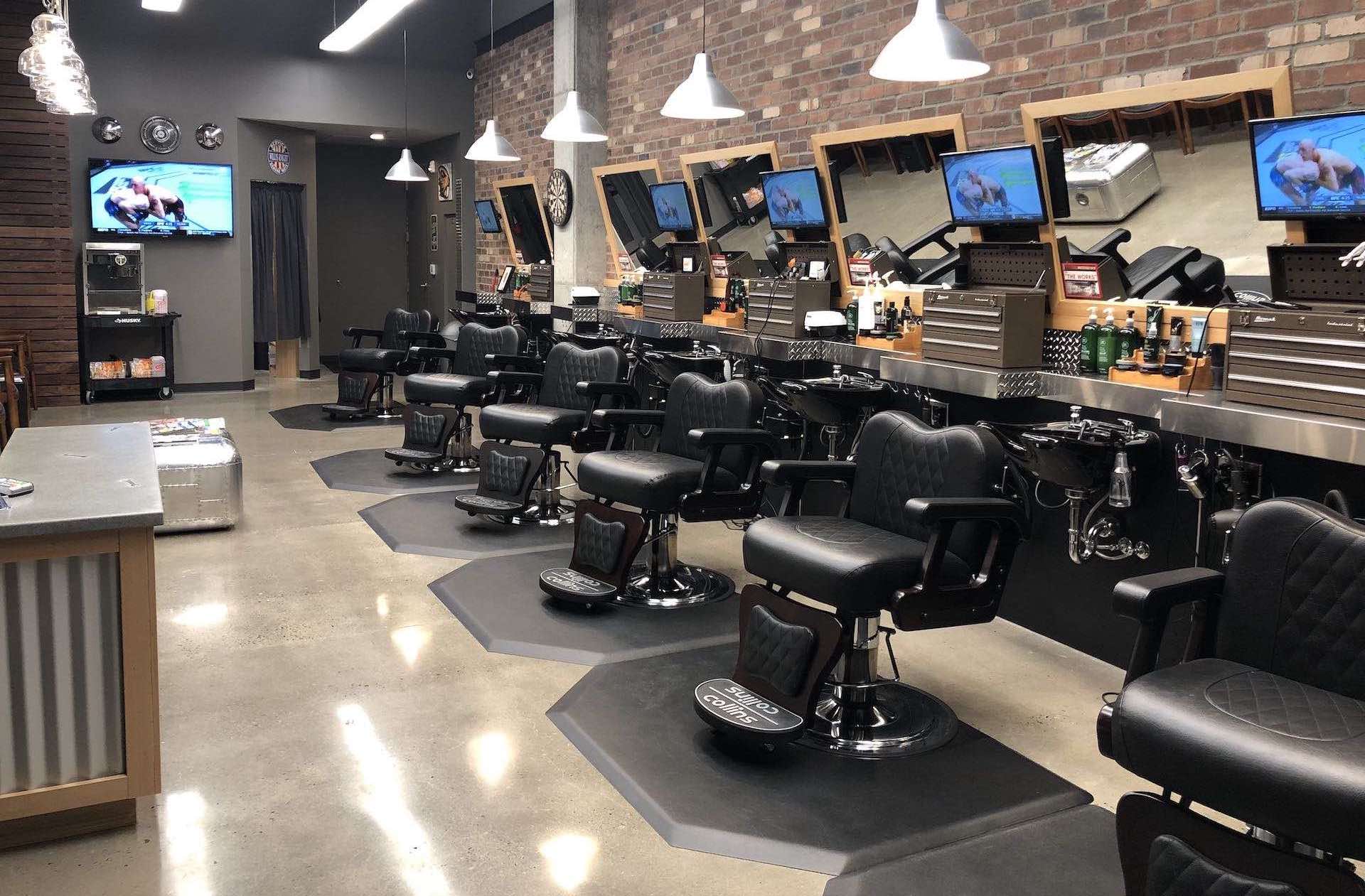Barbers as Cultural Curators Shaping Neighborhood Identity and Bonding in New York City
Barbers as Cultural Curators Shaping Neighborhood Identity and Bonding in New York City
Blog Article
Hair salons in New York City are more than just places to get a haircut; they serve as important cultural hubs that help define neighborhood identity and foster relationships among locals. These establishments have a rich heritage in urban settings, serving as gathering spots where people from diverse backgrounds come together. In many neighborhoods, barbershops are often the first venue where clients can participate in conversations about local issues, exchange stories, and build relationships. This unique role makes barbers not only talented professionals but also community curators who add to the social fabric of their communities.
The environment in a barbershop is often vibrant and inviting, creating a space where people feel comfortable sharing themselves. Barbers are known for their skill to connect with patrons, often participating in discussions that range from sports to politics. This engagement helps to create a sense of belonging among patrons, as they discuss their experiences and viewpoints. In many instances, barbershops reflect the cultural diversity of the areas they support, showcasing different hairstyles, grooming techniques, and even sounds that connect with the local community. This cultural exchange enhances the experience for all involved and bolsters community ties.
Barbershops also play a significant role in maintaining cultural heritage. Many barbers have been educated in specific techniques that are passed down through generations, ensuring that unique styles and practices are not lost over time. For example, certain haircuts and grooming methods may be linked to cultural heritage, allowing clients to show their identity through their look. By maintaining these customs, barbershops help to preserve cultural stories alive, providing a sense of pride and continuity for community members.
In addition to their cultural significance, barbershops often engage in community outreach and support local causes. Many barbers take an active role in addressing social issues, such as education and health education, by organizing events or offering resources to their patrons. This engagement shows a dedication to the well-being of the community and fosters a sense of duty among barbers. By using their influence to encourage positive development, barbershops become essential players in the local area, further reinforcing their role as community curators.
In conclusion, barbershops in NYC serve as crucial spaces for cultural exchange, community building, and identity formation. They provide a distinct environment where people can bond, share, and celebrate their varied backgrounds. As cultural curators, barbers not only influence the way people present themselves but also influence the broader social dynamics. By understanding the importance of these establishments, we can appreciate the vital role they have in a fantastic read building connections and maintaining cultural heritage in urban settings.